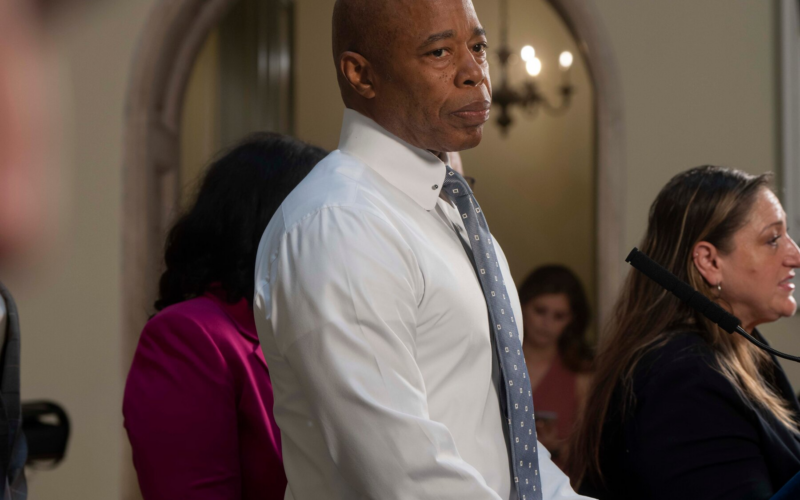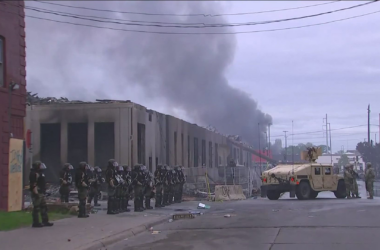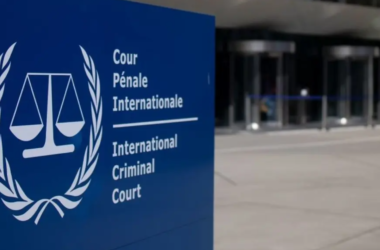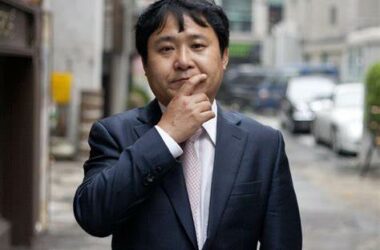As the race for New York City’s mayoral seat raged in 2021, Eric Adams’s campaign was thriving—at least on the surface. However, a recent 900-page draft audit by the Campaign Finance Board (CFB) reveals a troubling narrative of financial mismanagement, dubious donations, and possible misuse of public funds that has cast a shadow over Adams’s mayoralty.
The audit, still in its preliminary stages, has exposed widespread errors that could potentially lead to significant fines or even the forfeiture of public matching funds. The most alarming findings include numerous questionable contributions and undisclosed fundraisers, raising concerns about the integrity of the campaign’s financing.
Among the audit’s most damning revelations are the secretive activities of unidentified intermediaries who funneled $201,330 to the Adams campaign. These funds, delivered through 57 clusters of donations, are now under federal scrutiny due to suspicions of unlawful foreign money influencing the election. This is just one of the many instances where the campaign’s financial dealings have drawn the attention of federal investigators.
Additionally, the audit highlights the involvement of mysterious bundlers linked to Lian Wu Shao, a figure connected to the New World Mall in Flushing, Queens—a site that was raided by the FBI earlier this year. The connections between these financial backers and the Adams campaign raise serious questions about the origins and legality of these donations.
The report also notes over 150 fundraising events with undisclosed sponsors, including one associated with a construction company whose executives have already pleaded guilty to their role in a straw donor scheme designed to inflate contributions to the Adams campaign illegally. These schemes not only violated campaign finance laws but also generated nearly $50,000 in taxpayer-funded matching money—money that now appears to have been fraudulently obtained.
While the Adams campaign has downplayed these findings, attributing them to misplaced receipts and incomplete documentation, the scale and nature of the discrepancies suggest far more than simple clerical errors. The campaign’s previous history of finance violations, combined with the current audit’s revelations, paint a picture of a campaign that has consistently flouted the rules.
The draft audit also points to a concerning lack of transparency regarding the identities of those who raised money for Adams. This failure to disclose the names of key fundraisers—referred to as intermediaries—underscores the broader issue of accountability within the campaign. These intermediaries wield significant influence, yet their anonymity shields them from scrutiny, leaving voters in the dark about who is really pulling the strings.
The ramifications of this audit extend beyond fines and potential forfeiture of funds. For a mayor who has touted himself as a reformer and a champion of the people, these findings are a stark contradiction to his public image. The growing number of discrepancies and questionable activities within his campaign have provided ample ammunition for his political rivals, who now question his ability to manage the city’s affairs effectively.
As Adams’s campaign gears up for re-election, this audit could prove to be a significant hurdle. If the campaign fails to provide adequate documentation for the remaining $2.3 million in spending, it could face a steep financial penalty—a penalty that may also tarnish the mayor’s reputation as a capable leader.
In the world of politics, transparency and accountability are paramount. The revelations from this draft audit serve as a reminder that the public deserves to know the truth about who funds their leaders and how those funds are managed. As the investigation continues, the pressure will mount on Mayor Adams to answer for the troubling findings that have emerged from his 2021 campaign.








